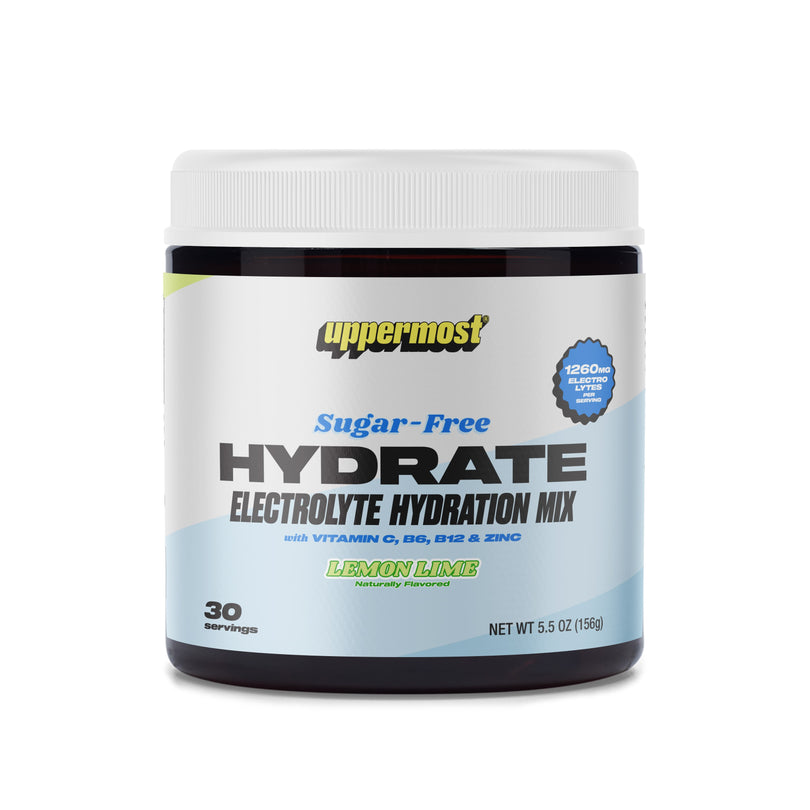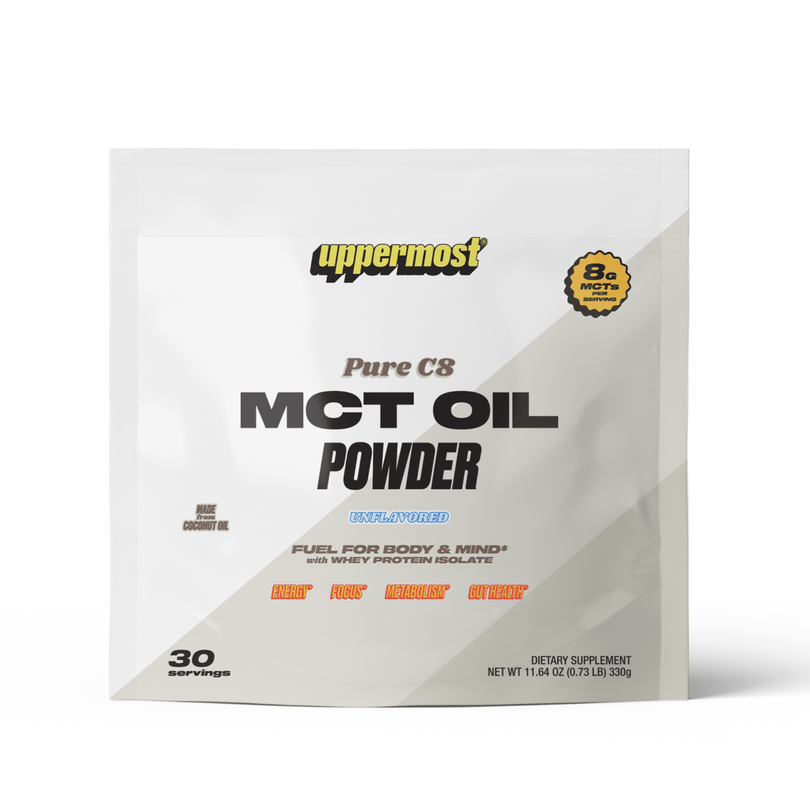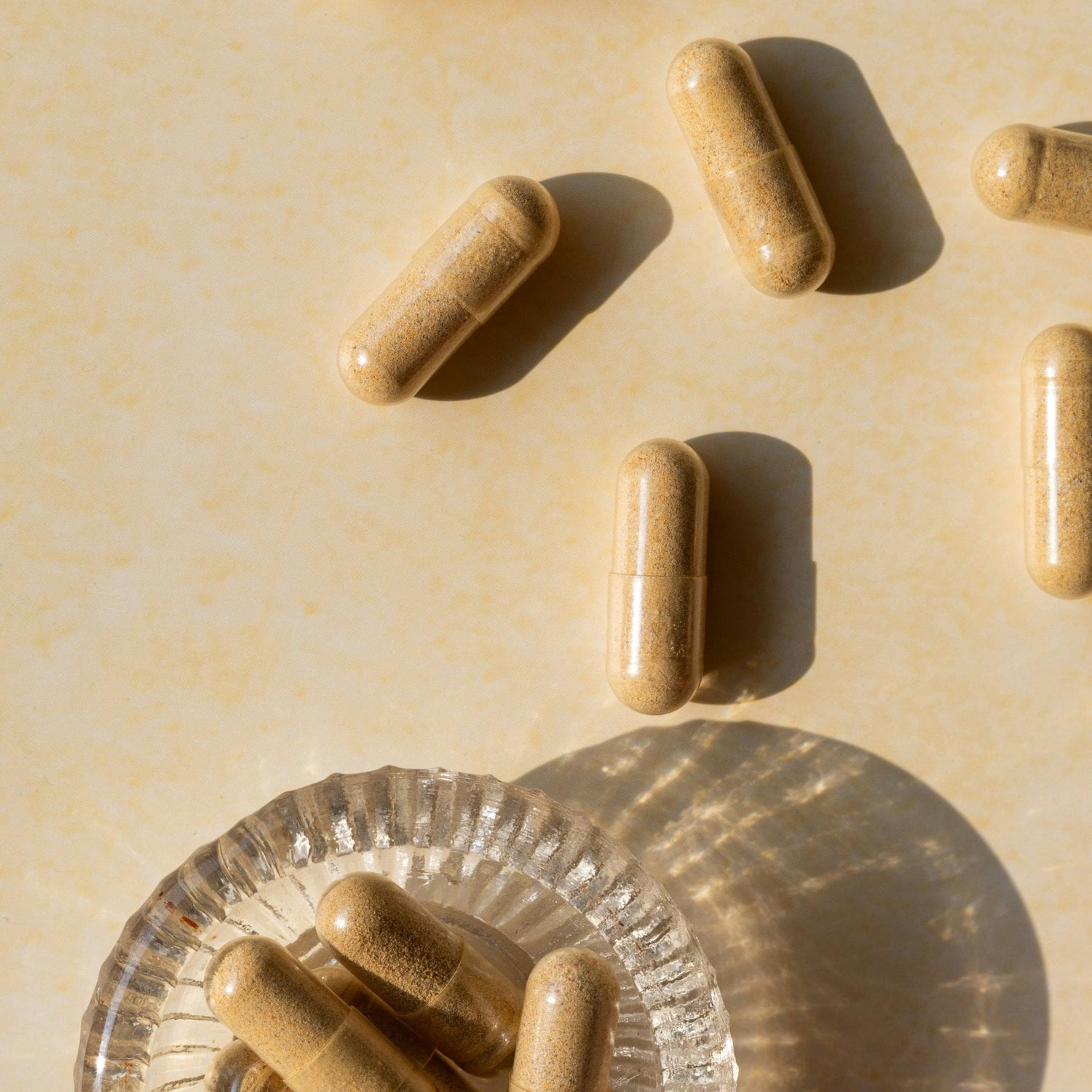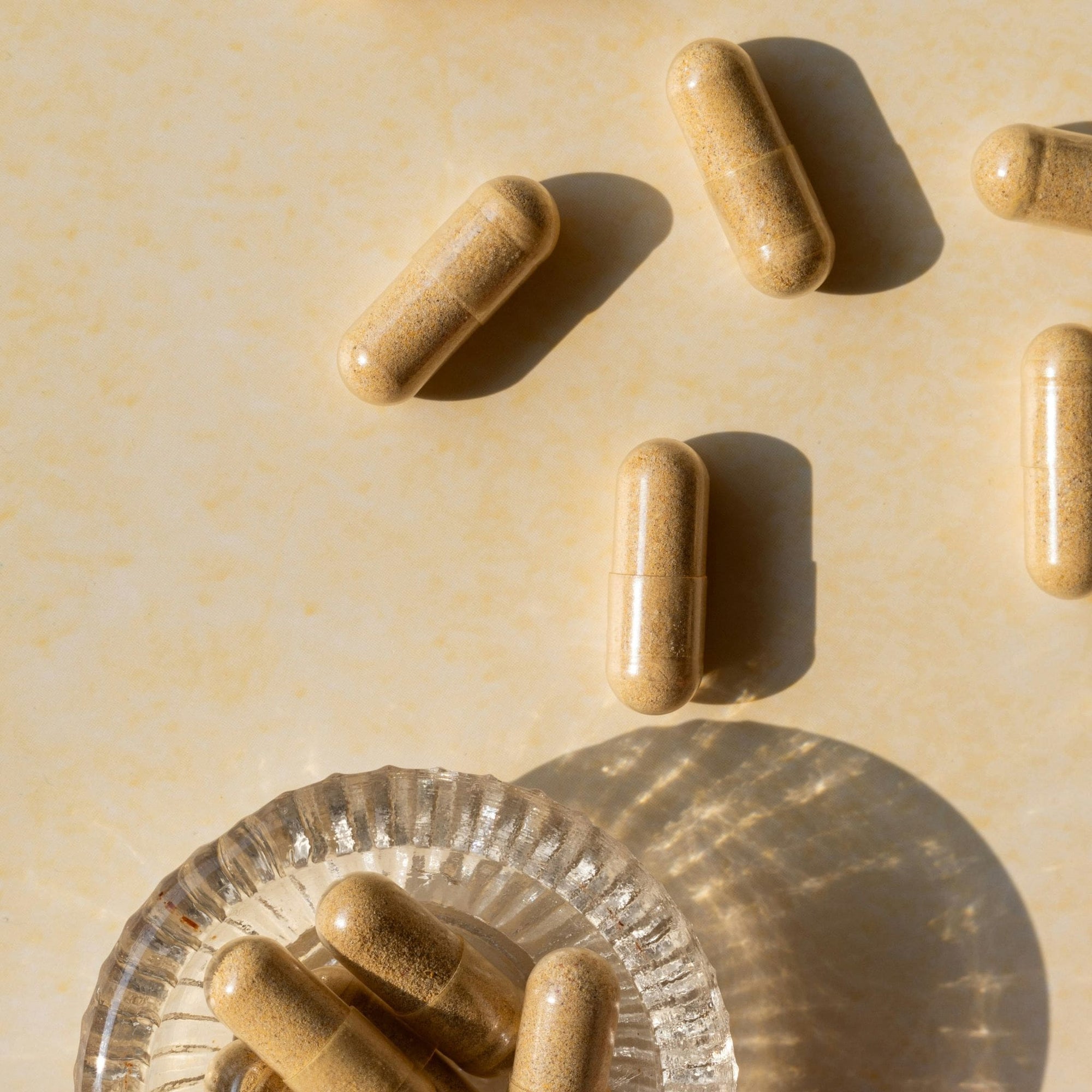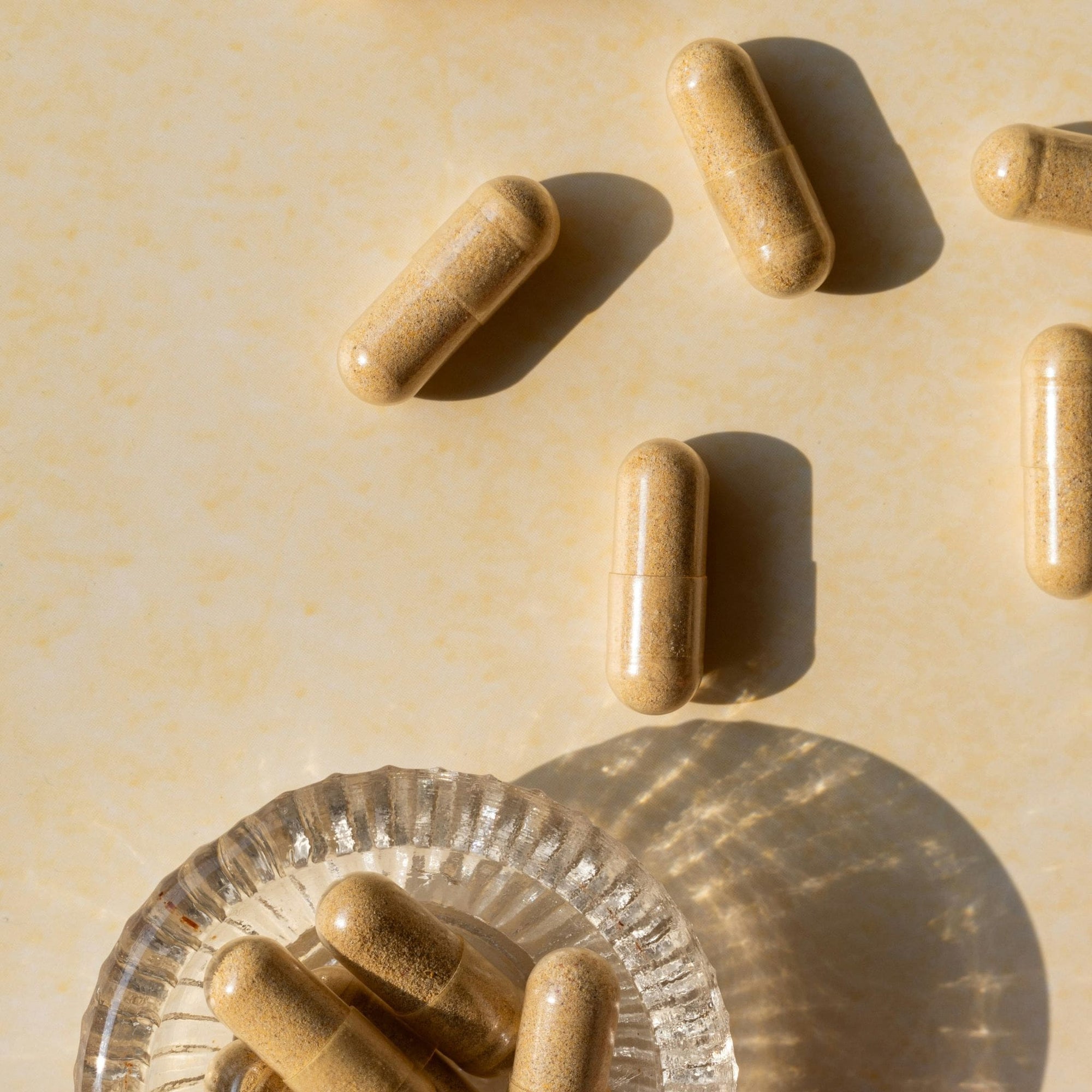Ashwagandha, a revered herb in Ayurveda, has gained immense popularity for its potential benefits in stress relief, cognitive support, and overall well-being. Yet, with its growing popularity, questions around its optimal dosage have also increased. How much ashwagandha should you take to achieve these benefits without overdoing it? In this article, we’ll break down everything you need to know about ashwagandha dosage, including considerations for specific goals, potential side effects, and the importance of quality in supplementation.
What is Ashwagandha?
Ashwagandha (Withania somnifera) is an adaptogenic herb, known for its ability to help the body manage stress. Traditionally used in Ayurvedic medicine, ashwagandha has been associated with benefits like reducing anxiety, boosting energy, and improving immune response. Modern studies also point to its role in reducing cortisol (the stress hormone), which can significantly impact mood, energy, and sleep.
With so many potential benefits, ashwagandha has become a common ingredient in dietary supplements. However, to maximize these benefits, it’s essential to understand the right dosage.
Why Dosage Matters
The right dosage of ashwagandha can vary based on several factors, including age, body weight, and individual goals. Like other supplements, taking too much or too little could minimize the herb's efficacy or even cause unwanted side effects. Therefore, finding a dosage that aligns with your health goals is crucial.
Understanding Ashwagandha Standardization
Before delving into dosages, it’s essential to understand the concept of "standardization" in ashwagandha supplements. Standardized ashwagandha extracts contain a specified percentage of withanolides, the active compounds attributed to its health benefits. Most high-quality supplements use an extract standardized to around 5% withanolides.
When choosing an ashwagandha supplement, consider the percentage of withanolides, as this influences the supplement's potency and effective dosage.
Common Dosages for Different Health Goals
Here’s a breakdown of recommended ashwagandha dosages based on common health goals:
-
Stress and Anxiety Relief
- Dosage: 250-500 mg per day
- Timing: Typically taken once daily, preferably in the evening to help relax before bed.
- Details: Studies have shown that taking ashwagandha at these levels may help reduce cortisol levels, alleviating stress and promoting relaxation. This range can also support improved mood and mental clarity, although some individuals may need a slightly higher dose for stress relief.
-
Energy and Endurance Enhancement
- Dosage: 500-600 mg per day, sometimes split into two doses
- Timing: Morning and midday dosing is common for those looking to boost energy levels without interfering with nighttime rest.
- Details: For athletes and those looking to enhance stamina, doses in this range can help boost physical performance and resilience. Some studies suggest that ashwagandha may enhance VO2 max (a measure of endurance), making it popular in pre-workout supplements.
-
Cognitive Health and Focus
- Dosage: 300-500 mg per day
- Timing: Morning or midday to support daily focus.
- Details: Ashwagandha may have neuroprotective benefits and support cognitive function, especially under stress. Some people find that a daily dose in this range helps enhance focus and memory.
-
Immune System Support
- Dosage: 300-600 mg per day
- Timing: Typically taken once daily, though it can be split into two doses for steady support.
- Details: Ashwagandha is also valued for its immune-boosting properties. A moderate daily dose can support immune function and overall health, especially in those prone to stress-induced immune suppression.
-
Hormonal Balance and Testosterone Support
- Dosage: 500-600 mg per day
- Timing: Once or twice daily, depending on individual tolerance.
- Details: Ashwagandha is known to support hormonal balance in both men and women. Some studies suggest it may boost testosterone levels, enhance fertility, and regulate thyroid function. For hormone balance, consistent daily use at a higher dosage may be most effective.
Safety and Tolerance Considerations
Ashwagandha is generally considered safe for most people, but there are a few important considerations:
- Pregnancy and Breastfeeding: Avoid ashwagandha if you are pregnant or breastfeeding, as its safety has not been established for these groups.
- Autoimmune Conditions: Since ashwagandha may stimulate the immune system, those with autoimmune conditions such as lupus, rheumatoid arthritis, or Hashimoto’s should consult a healthcare provider before use.
- Medication Interactions: Ashwagandha may interact with medications for thyroid issues, blood pressure, and blood sugar. Check with your doctor if you take these types of medications.
Ashwagandha Dosage Forms
Ashwagandha is available in several forms, each with its own dosage considerations:
-
Capsules and Tablets
- These are the most common and convenient forms, with a standard dose between 300-600 mg per capsule or tablet.
-
Powder
- Ashwagandha powder can be mixed into smoothies, teas, or other beverages. For powder, 1/4 to 1/2 teaspoon (about 1-3 grams) is typical, but you’ll want to measure carefully if it’s not standardized.
-
Liquid Extract
- Liquid extracts are usually more concentrated. Dosages can range from 1-2 mL daily, though specific instructions will vary by product.
-
Gummies and Other Edibles
- Some supplements incorporate ashwagandha into gummies or bars. Check the label for dosage information, as these can vary widely in potency.
Each form may vary slightly in terms of absorption rate and effectiveness, so select the one that best fits your preferences and lifestyle.
Finding Your Optimal Ashwagandha Dosage
While general recommendations are helpful, it’s important to find the dosage that works best for your unique body and goals. Here are some tips for optimizing your ashwagandha intake:
-
Start Low and Go Slow: Begin with a low dose (e.g., 250 mg daily) and gradually increase over a week or two. This helps you gauge your tolerance and reduce the risk of side effects.
-
Observe Effects: Pay attention to how you feel after taking ashwagandha. Some people experience noticeable effects within days, while for others, it may take a couple of weeks.
-
Split Doses if Needed: If you’re taking a higher dose (e.g., 600 mg), consider splitting it into two doses to sustain the effects throughout the day.
-
Take Consistently: Ashwagandha often works best when taken consistently over several weeks.
Potential Side Effects and Precautions
Most people tolerate ashwagandha well, but potential side effects include:
-
Drowsiness: Since ashwagandha is known for its calming effects, some users may experience mild drowsiness. If this occurs, try taking it in the evening.
-
Stomach Upset: Higher doses may cause digestive discomfort. Starting with a low dose and taking it with food can help minimize this.
-
Headaches: Though rare, some people report headaches when they first start taking ashwagandha. This may be due to the body adjusting to its effects.
If you experience persistent or severe side effects, discontinue use and consult a healthcare provider.
Quality and Purity in Ashwagandha Supplements
For safe and effective supplementation, quality matters. Look for ashwagandha products that meet these standards:
- Third-Party Testing: This ensures the product’s potency and purity, free from contaminants.
- No Fillers or Additives: Avoid supplements with artificial ingredients, fillers, or binders.
- Standardization to Withanolides: Ideally, choose a product standardized to 5% withanolides for consistency and effectiveness.
At Uppermost, we prioritize high-quality, pure ingredients to ensure that every supplement you take is safe and effective.
The Takeaway
Finding the right ashwagandha dosage involves understanding your specific goals and adjusting based on your body’s response. Whether you’re looking to reduce stress, enhance endurance, or support cognitive health, ashwagandha can be a valuable addition to your wellness routine when taken correctly. Remember, quality and consistency are key—always choose a trusted brand and take your supplements as directed for the best results.

